The Writing Life of: Rowena House
Rowena House
This week I am thrilled to be interviewing author Rowena House. Rowena will be sharing with us details of her writing life, telling us all about her book ‘The Goose Road‘, which was released on 5th April 2018 and answering a few fun questions too. This post contains affiliate links.
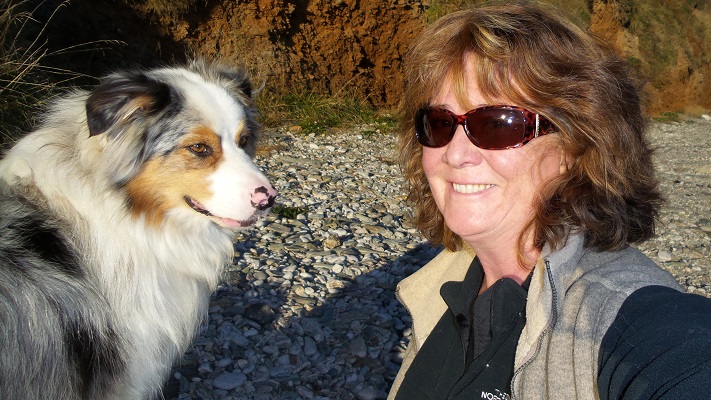
ROWENA HOUSE spent years as a foreign correspondent in France, Africa and then again in Europe before turning to fiction. She visited the WW1 battlefields of the Western Front repeatedly to research her prize-winning First World War short story, The Marshalling of Angelique’s Geese (WAR GIRLS, 2014) and again for her debut novel, THE GOOSE ROAD (Walker 2018).
Her fascination with the Great War, the trenches, and the appalling artillery battles of the Somme and Verdun began at school when studying the war poets, Wilfred Owen in particular. As an adult, she experienced war first-hand as a Reuter’s reporter in Ethiopia, and saw its terrible impact on civilians.
Now settled in the English countryside with her husband and son, Rowena House holds a Master’s degree in rural economics and another in creative writing, and mentors fiction writers alongside her journalism and storytelling.
1) As a child did you have a dream job in mind?
I decided aged 12 that I wanted to be an international journalist after watching a TV documentary about drug smuggling with a woman reporting from the jungle on the Thai-Burmese border. I marched into the kitchen and told my mum that’s what I was going to be. I never wanted to be a ballerina or an astronaut and anything like that, just a reporter.
2) Who was your favourite childhood author (s)?
I loved Kenneth Grahame’s Wind in the Willows and dad read us Swallows & Amazon, which were wonderful adventures to share. The Midnight Folk by John Masefield was another firm favourite, and Tolkien’s The Lord of the Rings which I read again and again as a teenager.
3) Was there a particular point in your life that you realised you wanted to be a writer?
I’ve always written – poetry aged six, my first play at ten (so I could play the Wicked Witch Queen in Snow White) and then short stories. I think I’d always expected to write a novel too one day, and began an adult thriller in my twenties, but it wasn’t until I became a mum, working from home, that I found the time to finish a full-length manuscript. Unfortunately, like most beginners, I rather threw the kitchen sink at this first novel. It became an unwieldy, 85,000-words MG war-fantasy mash, starring myself as a child and my son, with multiple sub-plots. I doubt it will ever see the light of day, but who knows? Maybe.
4) What is your average writing day like? Do you have any special routines, word count, etc?
I get bored by routine, so I don’t have them, which is probably why I’ve only got one published novel out there! When I’m committed to a job – fiction or journalism or admin – I usually type on a laptop at the kitchen table, and the work takes over my life and the house.
Before starting a piece of fiction, or alongside the actual writing, I plot long-hand in notebooks wherever I happen to be, and draw complex mind maps on A2 sheets of paper. Walks along the cliff paths with my lovely dog are another big part of the creative process. At the moment I’m on an Arts Council of England-funded playwrights’ course, and also just about to set out on a creative writing PhD with an adult historical novel. No doubt both will proceed in fits and starts as and when life allows, but I’m hoping the discipline of an academic course will ensure the novel happens. I’d love it too. It’s a very exciting story.
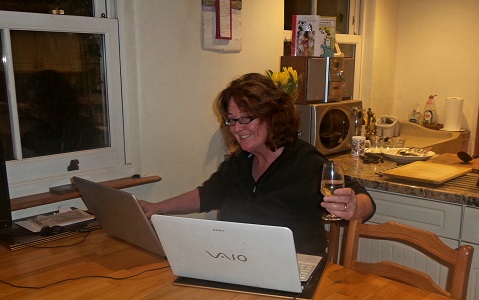
Where Rowena House Writes
5) How many books have you written? Any unpublished work?
In terms of fiction, I’ve finished two novels, The Goose Road and the MG fantasy I mentioned earlier. It’s taken a long time to settle on the current WIP after a series of near (and not so near) misses for a second book for Walker.
6) Are you a plotter or a pantser?
Plotter but I’m careful not to over-plot or the surprise and delight of the work quickly wanes. I once killed a story my agent really liked by over-plotting it. I don’t think I’ll ever have the heart to go back to it.
Concerning your latest book:
Publisher – Walker Books
Pages – 384
Release Date – 5th April 2018
ISBN 13 – 978-1406371673
Format – ebook, paperback

France 1916. Angélique Lacroix is haymaking when the postman delivers the news: her father is dead, killed on a distant battlefield. She makes herself a promise: the farm will remain exactly the same until her beloved older brother comes home from the Front. “I think of it like a magical spell. If I can stop time, if nothing ever changes, then maybe he won’t change either.”
But a storm ruins the harvest, her mother falls ill and then the requisition appears… In a last-ditch attempt to save the farm from bankruptcy, Angélique embarks on a journey across France with her brother’s flock of magnificent Toulouse geese.
Amazon.co.uk – Amazon.com
7) How did you go about researching the content for your book?
I love research, and coming from a (serious) journalistic background, I believe strongly in getting the facts right. I travelled to France four times for The Goose Road, spending time on the battlefields of the Somme and Verdun as well as Étaples, where the story ends, and rural Limousin, the region of France that inspired Angelique’s farm of La Mordue.
I studied in museums in Britain and France, and in French libraries. I mined archives and resources online, read text books, letters and diaries in French and English. Robert McKee talks about three forms of research in his excellent guide to screenwriting, Story: first is research of facts, and then research of memory and research of imagination. So after I got my facts right – right the way down to the price of a goose at a Christmas market in northern France, near to the Front, in December 1916 – I drew on my own memories of being 14 to imagine how I’d have felt if my big brother had gone to war.
It’s a terrible, terrible thought. Even now I’m horrified at the idea of him suffering as cruelly as soldiers on all sides suffered in that war. War is an appalling thing. I think those of us lucky enough to live in peacetime do well to appreciate that.
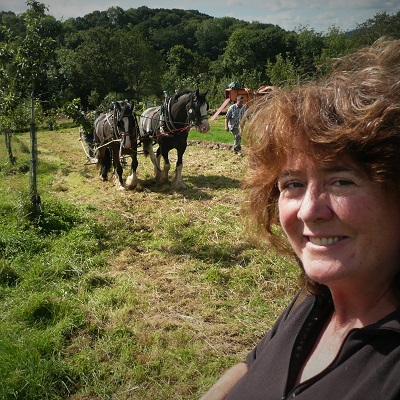
Rowena House Researching Ploughing
8) How long did it take to go from ideas stage to writing the last word?
I began researching the short story on which the novel is based in June 2013. Andersen Press accepted it for publication in November of that year, I think. At their request, I developed and edited it over another couple of months. I began the novel in January 2014 and finished the draft that my agent sent out on submission by March 2015. The development edit for Walker took a further six months to research & write. Then there were line edits, copy edits and a two-week discussion with my editor, lovely Mara Bergman, about the exact wording of the kiss on the last page!
9) How did you come up with the title of your book?
Titles are very hard. I experimented with scores of them. In the end, I found The Goose Road by chance online. It has layers of meaning, including a mythical one among the ancient northern European tribes who lived in and around marshlands. They believed the goose road (or migratory flight paths of wild geese and swans) were routes to the after-life. In West Country witchcraft, the road north is the road to death, so Angelique travels north on a metaphorical goose road as well as a real one with her flock of Toulouse geese.
10) Can you give us an insight into your characters?
For my major characters, I create a full personality profile using the OCEAN personality profiling system. OCEAN stands for Openness, Conscientiousness, Extraversion, Agreeableness and Neuroticism. These five psychological & behavioural characteristics are sliding scales, e.g. at one extreme of Openness, someone can be very open-minded and keen on new experiences; at the farthest end of the scale are people who hate new experiences and are very set in their ways of thinking.
I work out which characteristics would work best within the plot I’m developing, and then select one or more personality trait that will change fundamentally due to the challenges and conflicts of the story. For Angelique, she starts off as narrow-minded and naïve – a peasant girl wouldn’t have much life experience after all. Over the course of the story her natural powers of observation, her basic decency and capacity for empathy alters her view of the world until she matures into an open-minded, experienced and compassionate young woman.
Using the OCEAN system makes me imagine from the outset how my characters will change and grow. It also makes them more rounded, holistic people and gives me a framework for deciding how they might respond to the difficult and dangerous environments and situations I put them into.
11) What process did you go through to get your book published?
The full gamut, like most of us. I spent two years writing the first draft of my MG manuscript, then queried agents (receiving two polite no thank yous). After that I began attending lots of conferences and workshops to learn the storytelling craft (including Book Bound and the first ever Golden Egg Academy book mapping weekend). A key moment was the 2009 Winchester Writing Conference, where I met Beverley Birch, then senior commissioning editor at Hodder. She encouraged me, even after the new executive director of Hodder rejected the MG manuscript.
It was Beverley who recommended I take the Bath Spa MA in writing for young people, which is an excellent course and the real reason I’m published. Through it I found my agent, Jane Willis at United Agents, and wrote what became The Goose Road with a lot of help from the lecturers, fellow students and my MA manuscript tutor, the historical author Marie-Louise Jensen. It was a competition for MA students run by Andersen Press that got me my break into publishing, too. So I owe a huge amount to Bath Spa, as well as Beverley and Charlie Sheppard at Andersen Press.
12) What’s next for you writing wise?
In terms of fiction, I’m working on an adult play and a novel based on real events in 1612. The story is set in England this time, partly because the research costs abroad are too high given the level of a typical advance these days, but also because the story gripped me years ago when I first came across it.
I’m writing it as part of a PhD to give me structure and space to explore its themes and ideas to their fullest. When I set out to become a novelist back in 2007, I fondly imagined that writing fiction would become a new career. Sadly, advances and royalties are so low in general nowadays that it’s next to impossible to earn anything remotely approaching a living wage through fiction. So I decided to approach the WIP as an intellectual challenge and see how far I can take it. I might only ever write one more novel, so I want it to be the best it possibly can be.
Fun Questions
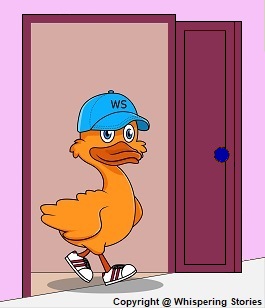
1) If you could have any super power for the day which would you choose?
Shape shifting. I’d love to spend time as a gull, soaring over the sea, and maybe a seal, too. Then an owl at night, hunting in the woods, or a fox prowling the hillsides.
2) Do you have any pets?
Dog & cat.
3) If you decided to write an autobiography of your life, what would you call it?
“How I became a global No. 1 bestselling author.” Well, a girl can dream.
4) Your book has been made into a feature film and you’ve been offered a cameo role, which part would you choose, or what would you be doing?
A town’s woman in Étaples, perhaps, shopping in the Christmas market. Or maybe the war widow Angelique exchanges glances within the backstreets.
5) Where is your favourite holiday destination?
Rural France, somewhere in the south, with medieval villages and lovely old squares with outdoor cafes. When I’m that No. 1 bestseller I’d love to go back to Africa, though, and take my family on a wildlife safari.
6) A baseball cap wearing, talking duck casually wanders into your room, what is the first thing he says to you?
“Help! Get me out of your bloody dog’s jaw!”
I would like to say a big thank you to Rowena House for sharing with us details of her writing life and for a wonderful interview.

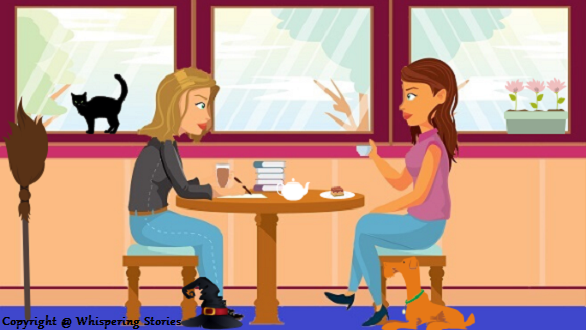
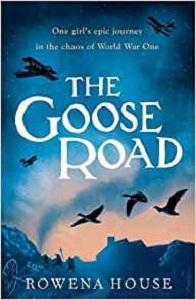


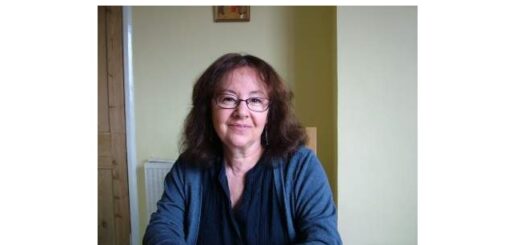
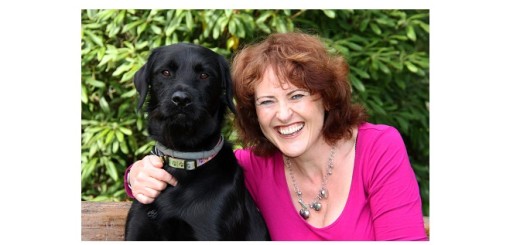
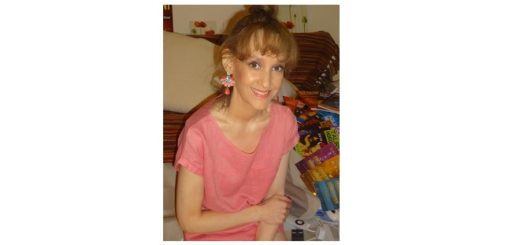
Very interesting interview.
She is a new name for me – I always enjoy your interviews
Loooove the photo of her writing. Can relate.
Fun interview.
Great post and great fun interview, Rowena House and her book are all new to me. Thank you so much for sharing your awesome post.
shape shifting is a cool power.. love the interview, as always.. and that book sounds interesting